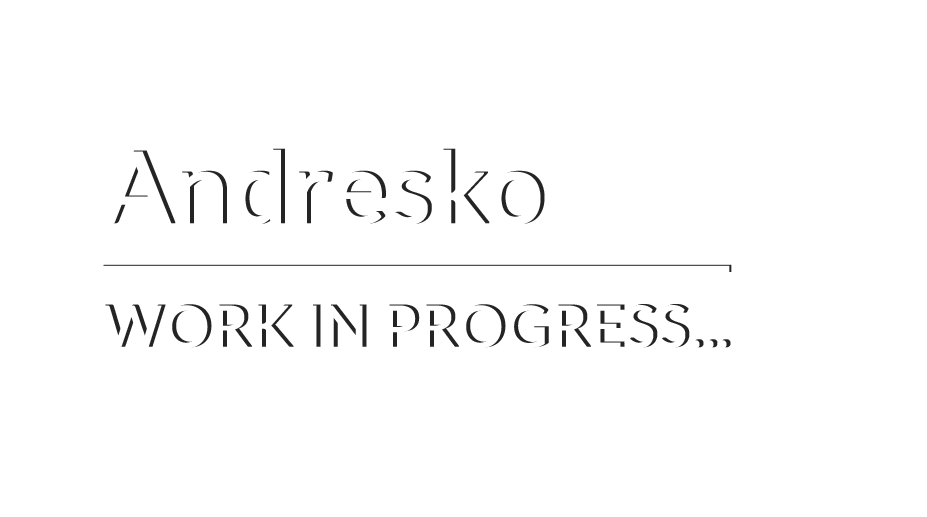I have read several articles describing the top traits of highly successful people, or the 5 core characteristics of really attractive people, or the 10 things that mentally strong people do, or the I-don’t-know-what behavior of the best people in category x-y-z. These articles are mainly blog posts and they are rarely the result of scientific research, so they don’t serve as scientific evidence of a real fact, but what they do have is a large number of comments and viewers. One of them had more than 60k viewers, which doesn’t mean anything at all, but it is still a large audience and in some unconscious level, it must have some sort of influence on people’s opinions and beliefs, or it may mean some sort of acceptance on people’s minds, which in the end, is the reality that we see.
Anyway, I don’t want to focus on that, but instead, on the message of those articles. I cannot deny that I could agree with some of those characteristics and it is pretty plausible to consider those traits as an interesting ideal. But that is exactly what I dislike about it: the “ideal” part, the Disney fairy tale, the 1.75 mts. Barbie. These ideals seem to be so strong in people’s minds that they indeed generate a permanent state of frustration. How can a regular person become such a hero? We are an entity with certain traits and characteristics and far from what we are, on advertising, the movies, internet, magazines and everywhere, there is another model which we are not. Doesn’t it generate problems? I think it does and a lot.
Psychologists have a term for the discomfort generated by contradictory beliefs, values or ideas which is called cognitive dissonance. On the one side, I believe I am totally fine, totally normal and on the other hand, I also believe there is a lot wrong about me. So what I am saying is nothing new. However, I have lately realized a few things that deserve space on this blog:
-No one actually trained me to better conquer frustration; it has been mainly life itself, my decisions and people around me that have walked through it with me. I wish I had that kind of education at school or university, instead of the hard-skills-focused education I received, where memorizing and repeating was, and still is, the paradigm. Some may say that we are not supposed to learn that at school, that those are life lessons; but, why not? Why can’t we learn about critical or divergent thinking at school or at university? Our education model was conceived to satisfy the needs of industrialization. Instead of educating kids for life, we are manufacturing them in batches.
-People have and project (consciously or unconsciously) expectations to others. When someone says: I will give you cake if you are kind or I wish you would fix that lamp while I am at work. They are showing expectations. What if you don’t behave as expected? That could be a reason for an argument. What if I was aware of these expectations? Perhaps, we also need some sort of training at school to better elucidate expectations and to better communicate them to others. Perhaps we also need to measure our egos sometimes.
-Last but not least, to all of you dear bloggers and writers: please give me some evidence, some scientific research that support those lists. You might write such a thing because you need to have some viewers to pay the bills or because you truly believe it is a key learning that you want to pass on to others, but that is your reality, your culture, your circle of friends, your country and your mind exposing this “knowledge”. It is totally valid to have such opinions, but then, write it as an opinion and not as the Ten Commandments.


